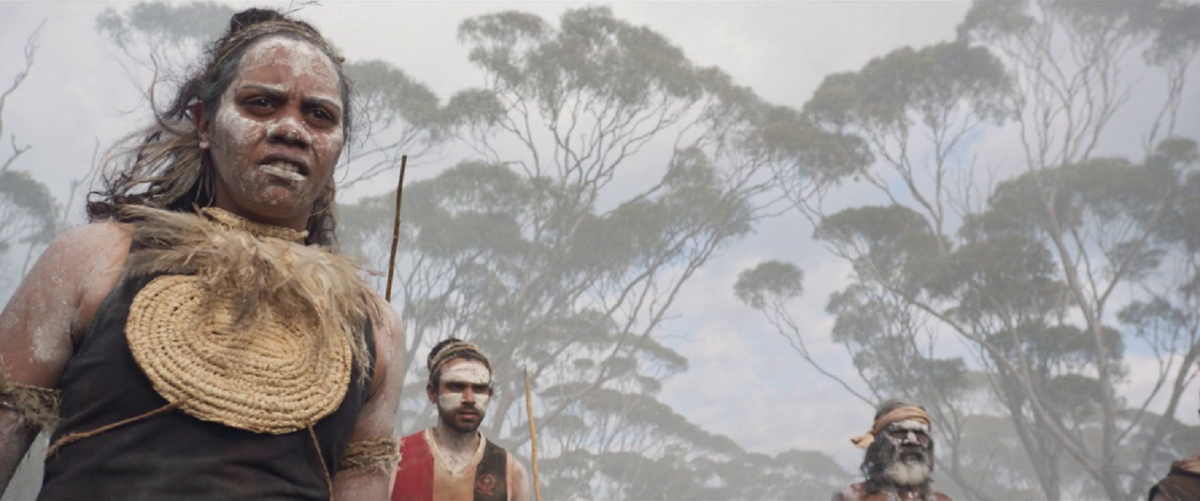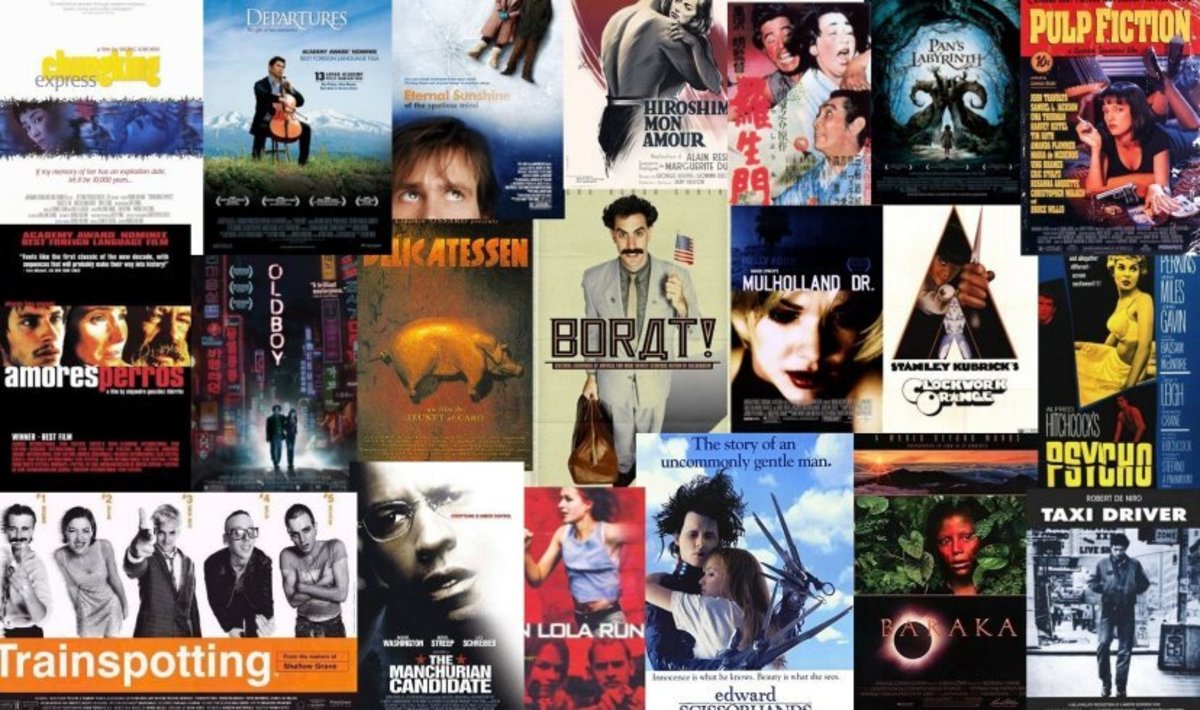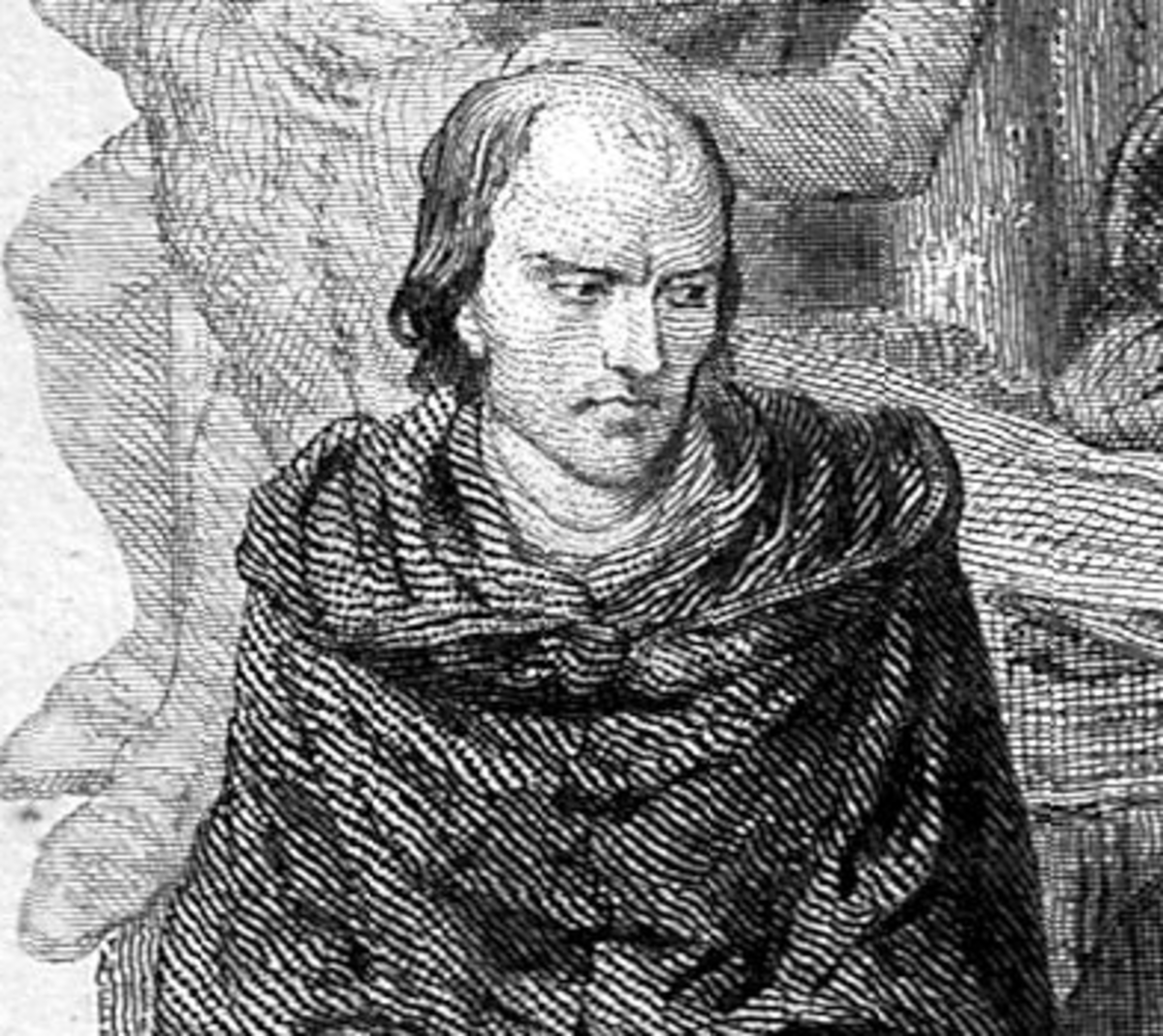Chronicle Movie Review
Chronicle Movie
This movie relates the transformation of three very different high school seniors after they encounter a strange object underground. The three young men differ greatly from each other. The main character in the movie is Andrew Detmer. The second character introduced is Andrew's cousin, Matt Garetty. A little later into the movie, Steve Montgomery is introduced.
The Chronicle Boys Make Plans

The Three Young Men
Andrew: His father is a stay-at-home drunk who abuses Andrew. Mr. Detmer was injured on the job as a fireman, and receives a disability check which allows him to stay home. Andrew's mother has terminal cancer. She remains in bed most of the time and requires very expensive pain killers. The meds cost more than $700 for a prescription.
Matt: Matt is a philosopher. Early in high school, he observed a major contest between the students to be popular and well-received. He stepped back and decided to pursue philosophy instead. At various points, Matt mentions Plato's Cave, Schopenhauer, and C.G. Jung. He makes an apology to Casey Letter, another student from the high school who films events for her blog.
Steve: Steve Montgomery is the instantly-popular kid. He says of himself that he has a natural ability to remember faces and names. This ability made a choice for politics a natural course for him, he tells Andrew as they walk in the woods toward the event which will change all of them forever. During the time frame of the movie, Steve is campaigning for school President.
Chronicle Movie Trailer
Worth Seeing in the Theater
Several reviewers said the movie was surprisingly good, and worth seeing on the big screen. I agree with them! It was certainly a good film. The hour and 24 minutes plus previews went by very quickly.
I disagree that the "found footage" aspect is a problem. Initially, the footage is a little shaky in some scenes in which Andrew carries the camera on his shoulder. Later, when Andrew learns to float the camera, the scenes are very smooth.
Chronicle Movie Ending
The ending of the Chronicle movie definitely sets the stage for a sequel. Andrew develops the greatest power and ability of the three. However, this is not an issue between the three of them. A strong relationship develops. Steve, especially, takes an interest in Andrew. When Andrew flies into a thunder storm above the city, in a rage, Steve responds to the interconnection between them.
In the conversation between Steve and Andrew in the storm clouds, somehow, Steve is hit by lightning. He falls all the way to the earth, and hits the ground. This is not shown. The viewer must infer the lightning strike, the plummet, and the impact. However, in an earlier scene, when they are learning to fly, we see that Andrew is capable of saving a falling friend and his camera. So, the conclusion that Andrew willed lightning to strike Steve, and then allowed Steve to fall, as it was his will to kill Steve.
What was Steve's offense? Only to be Andrew's friend.
One night, Andrew's mother is dying. Apparently, the power the three boys received cannot heal. So, Andrew needs the meds his mother takes. He needs $300. First, Andrew, in his father's fire fighting equipment and oxygen mask, kills the local tough guys who stand in the park. Next, he robs a gas station. But, the gas station explodes, burning Andrew.
During the time of the killing and robbing, Andrew's mother actually dies. Andrew's father visits his hospital bedside. In a monologue over the unconscious Andrew, the disabled fireman blames Andrew for everything.
Andrew wakes, and blows up the entire room. A section of the exterior wall in a very tall building blows out in the sudden detonation. This makes the news, is seen by Andrew's cousin, Matt, and brings Matt to the scene.
Matt saves the father when Andrew drops his body outside the room and a heavy billowing cloud of black smoke emitting from the room. Andrew becomes furious with Matt for saving his father.
A massive fight ensues. Busses are thrown. Building envelopes are punctured as Matt and Andrew hit each other with flying tackles.
In the end, Andrew loses as Matt takes the iron spear from an overscale statue and pierces it through Andrew and into the concrete.
In the closing scene, Matt takes Andrew's ashes to Tibet. This fulfills a wish of Andrew to visit Tibet. So, the movie ends as a kind of "super hero origin" movie. The last and only one of the three is Matt, a man with super hero powers and his whole life in front of him.
Obligatory Anti-Christian Aspect
Movies are a tool used for socialization. One of the major ideas presented in film is the attack on Christianity. For this reason, I like to point out the work in each film which is intended to keep people away from God and move them into other lifestyles.
In this film, the attack is the latter part of the move from God to ungodliness. The Matt Garetty character is a good guy, interested in a cute girl, friendly to his cousin, and social in a balanced way. However, Matt is interested in philosophy and reads a lot of philosophy. He mentions three philosophers:
Arthur Schopenhauer: Schopenhauer promoted many of the ideas that later became part of the Nazi movement. He was an anti-Jew. He believed, promoted, and even originated some thoughts of evolutionary thought, eugenics, and even castration of people who were less fit according to him.
Carl Gustav Jung: Jung is famous for his works in psychology. However, Jung himself has said that all he really did was taken eastern thought (read: pagan) and translate them into the scientific language of the west. Whereas a real relationship with God can and often does involve direct communication, including prophetic (precognitive) dreams, and that "interpretation belongs to God", Jung taught westerners to forego God in favor of "collective conscious" symbol use, the advent of contemporary dream dictionaries. Schopenhauer also promoted the collective unconscious concept.
Plato: The parable of the cave is a promotion of "enlightenment" and the idea that Christian thought is like living in a cave, seeing only some small reflections of reality, as told by others who control what they might see. "...be willing to ascend to learning and to see the good but to be willing to descend again to those prisoners and to share in those honors whether they are worth having or not... even with the prospect of death." Plato shows religion as death, and the educated philosopher as the superior being, who should be willing to "descend" and help the other group, even if, in their bias and brainwashed mental imprisonment, they might kill the philosopher.





